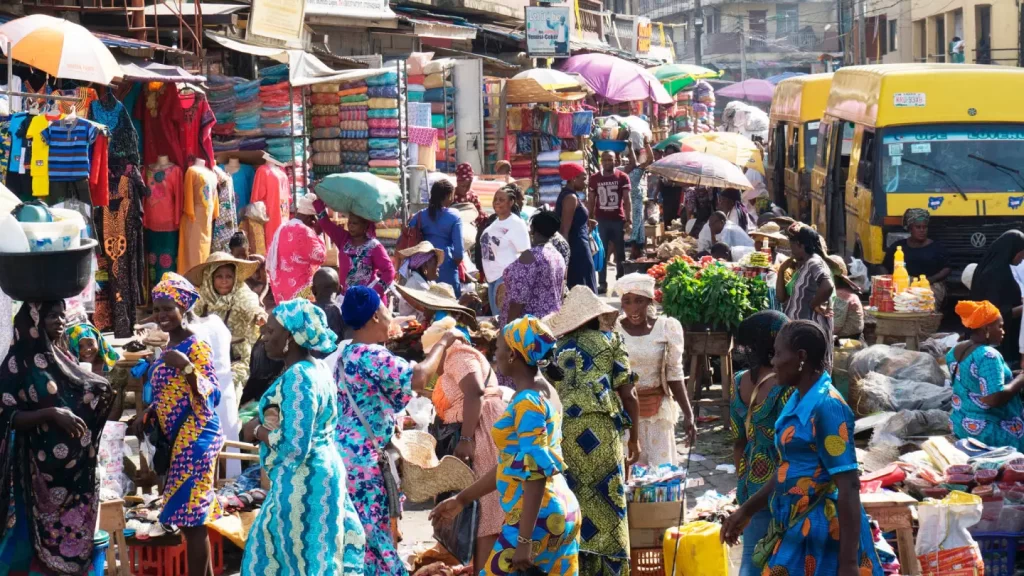
Nigeria finds itself in the fourth position among African economies, with South Africa, Egypt, and Algeria leading the pack, as per a recent forecast from the International Monetary Fund.
Recent estimations from the World Economic Outlook of the Washington-based bank suggest that Nigeria’s gross domestic product stands at $253 billion based on current prices this year, placing it behind Algeria at $267 billion, Egypt at $348 billion, and South Africa at $373 billion.
South Africa, Africa’s most industrialized nation, is set to uphold its status as the continent’s largest economy until Egypt takes over in 2027, according to IMF projections. Nigeria is expected to hold onto its fourth-place position for the foreseeable future.
Nigeria and Egypt are facing economic challenges such as high inflation and currency devaluation.
Last year in June, President Tinubu announced the flotation of the naira, alongside the removal of expensive energy and gasoline subsidies, along with measures to address dollar shortages. The naira was further devalued against the dollar in the first quarter of 2024 and experienced a 50% appreciation against the dollar in March.
Similarly, Egypt, one of the most indebted countries in the emerging world, allowed its currency to float, resulting in a near 40% devaluation of the Egyptian pound against the dollar last month to attract investments.
The IMF’s consistent call for a flexible currency regime was met, rewarding Egypt’s government with a nearly tripled loan program of $8 billion, expanding financial support from the European Union and the World Bank by approximately $14 billion.
In contrast to the naira of Nigeria and pound of Egypt, the South African rand’s value has been market-driven, experiencing about a 4% decrease against the dollar this year. Benefiting from enhanced energy supply and plans to resolve logistical obstacles, South Africa’s economy is expected to improve.
Algeria, a member of OPEC+, has benefited from high oil and gas prices due to events such as Russia’s invasion of Ukraine and ongoing Middle Eastern tensions. Algeria played a role in alleviating Europe’s gas shortage following Russia’s gas supply reduction during the Ukrainian conflict.
